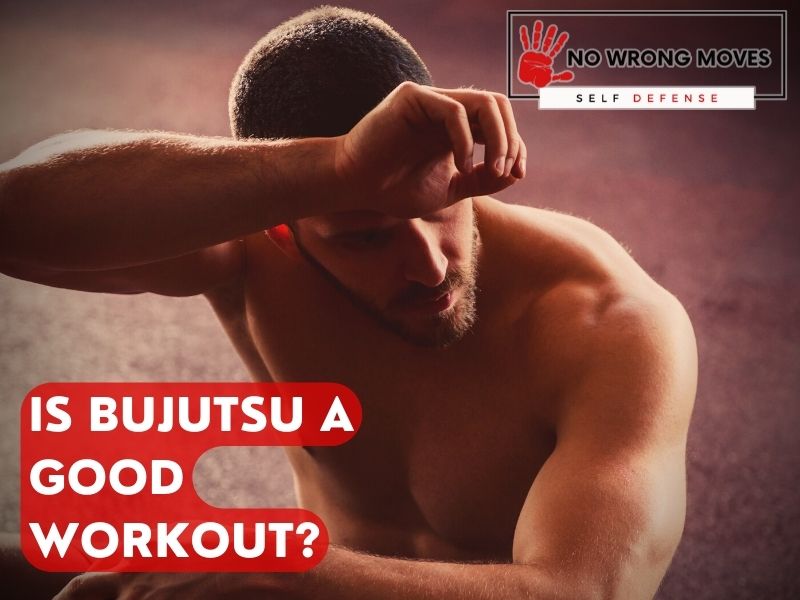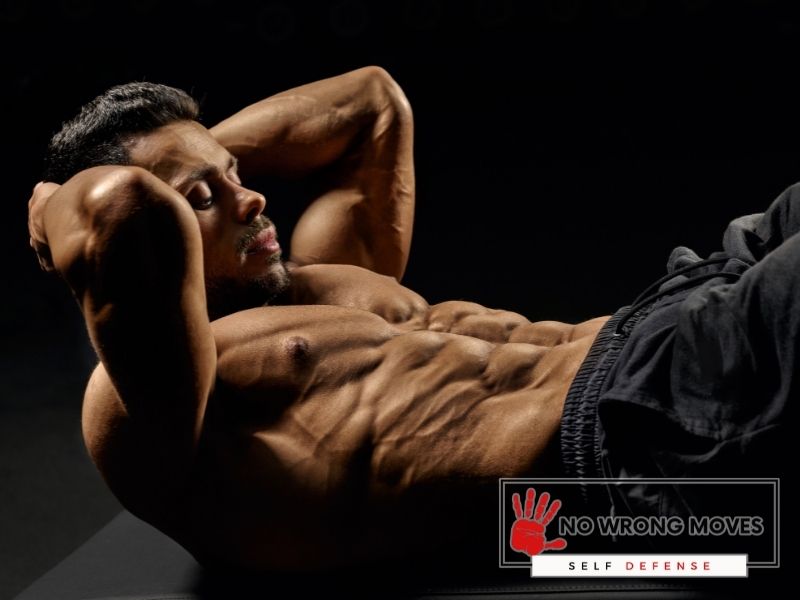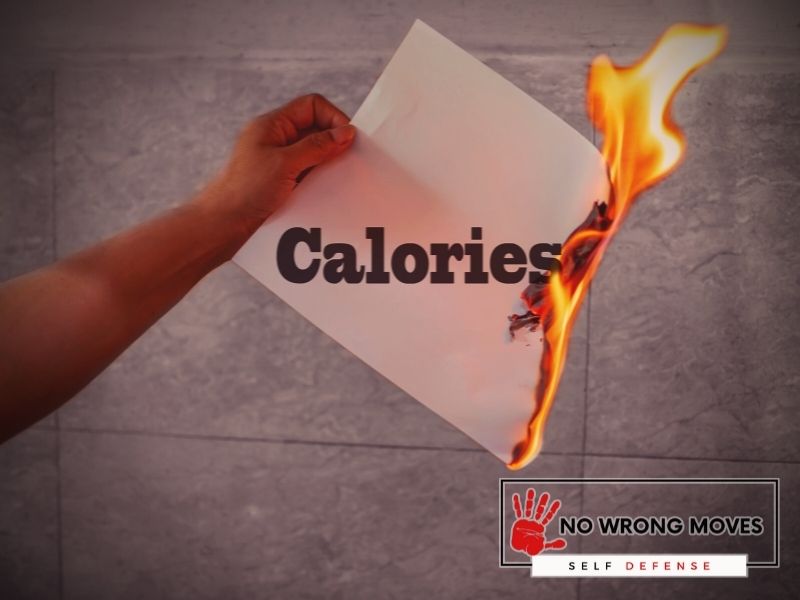
The human body is a vessel of incredible power and potential, capable of achieving remarkable feats of strength, endurance, and agility.
For those seeking to explore and push the limits of their physical capabilities, the ancient Japanese martial art of Bujutsu provides a challenging and rewarding avenue for self-discovery and personal growth.
But is Bujutsu a good workout?
In this article, we will delve into the intricacies of this art form, exploring its physical demands and benefits, and examining why it may be the perfect addition to your fitness regimen.
If you're a seasoned athlete eager to brush up on what you know or a newcomer ready to take on the world of fitness, read on to discover the unique benefits of Bujutsu training.
Is Bujutsu Good for Weight Loss?

Bujutsu is a style of martial arts that originated in feudal Japan. It includes techniques such as striking, throwing, grappling, weapon usage, and defensive maneuvers. But how good is it for weight loss?
Bujutsu technically offers cardio and strength-building exercises, and it may contribute to weight loss if practiced regularly. Still, it may not be the most efficient form of exercise for those specifically looking to lose weight.
Bujutsu training often places a heavy emphasis on technique and form rather than intense physical exertion. It may not offer the same level of calorie burn as other forms of exercise such as running or weight lifting.
Additionally, Bujutsu may not be suitable for those who are just starting their fitness journey or have physical limitations, as it involves potentially dangerous techniques and weapons usage.
Does Bujutsu Build Muscle?

Bujutsu, the term that encompasses traditional Japanese martial arts like Kenjutsu, Sojutsu, Jojutsu, and more, originated as an exclusive practice of the Samurai. Today though, Bujutsu techniques are embraced by people worldwide.
This term is derived from the Japanese words for war (Bu) and technique (Jutsu). Various Japanese Ryu, which refer to specific martial arts schools or styles, teach elements of Bujutsu.
Some Ryu specialize in particular weapons, such as the Katana, while others, like the Tenshin Shoden Katori Shinto Ryu, instruct students in all traditional weapons.
Bujutsu is often confused with Budo, a more recent term, particularly in western countries. Both are collective terms for Japanese martial arts, but they differ in various ways.
Generally, Bujutsu can be a physically demanding practice, and it can certainly build muscle in the arms, legs, and core. But it's still not primarily focused on building muscle mass or strength. Instead, it emphasizes agility, balance, and coordination.
That being said, incorporating weight training or other forms of resistance training into your Bujutsu practice can certainly enhance your physical abilities.
Just keep in mind that at the end of the day, the focus of Bujutsu is on honing one's mind and spirit through physical discipline, rather than solely building muscle.
How Many Calories Can You Burn Doing Bujutsu?

Through the art of Bujutsu, the human body is pushed to its physical limits, a profound exploration of self and the natural world. In a 1-hour Bujutsu class, a person of average weight can expect to burn approximately 290 calories.
As you can see, that number... isn't very large at all.
This number will, of course, depend on various factors, such as the intensity and duration of the session, the practitioner's age, weight, gender, and overall physical fitness. Still, you can expect the overall amount to revolve around that.
However, calorie-burning is not the primary focus of Bujutsu. It just wasn't necessary built with that in mind. That isn't necessarily a bad thing; it just means it has different priorities and other benefits it can offer.
In addition to physical benefits, Bujutsu also offers mental and spiritual discipline that can contribute to a more balanced and healthy lifestyle.
The Wrap-Up

While Bujutsu can certainly offer a physical workout and improve strength and endurance, it may not be the best option for those looking for a traditional fitness routine.
Bujutsu practitioners often train for long periods of time, with much focus on perfecting technique and form. This means that there may not be a lot of emphasis on high-intensity cardio or strength training.
There's also the fact that Bujutsu can involve learning dangerous techniques and using weapons, so it may not be suitable for those without prior martial arts experience or without proper supervision.
Overall, Bujutsu can offer physical benefits, but it may not be the best choice for those seeking a purely fitness-focused workout.
Curious to learn more a bit more about Bujutsu? Check this out!
[author-box-jpx-fitness]
